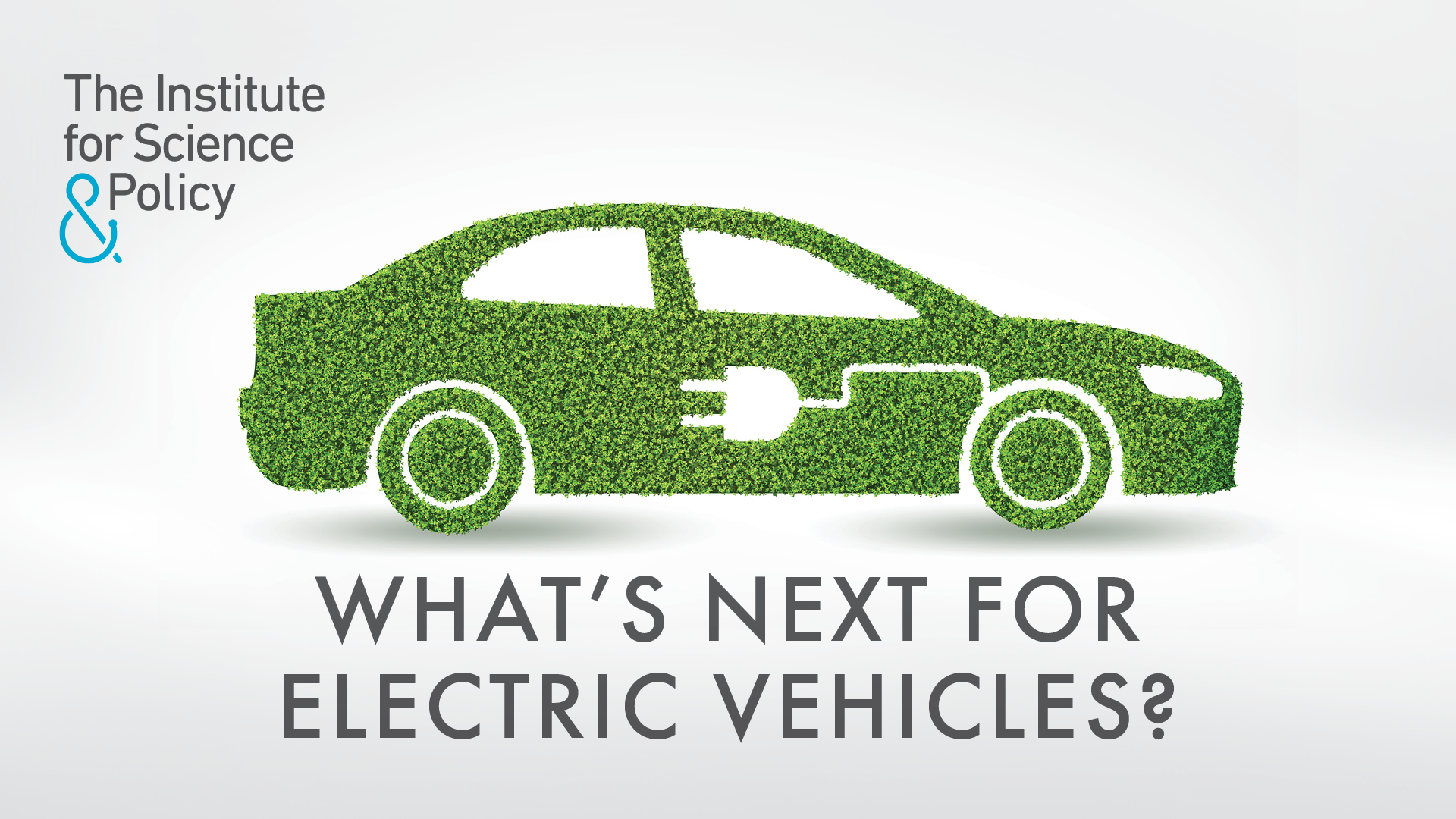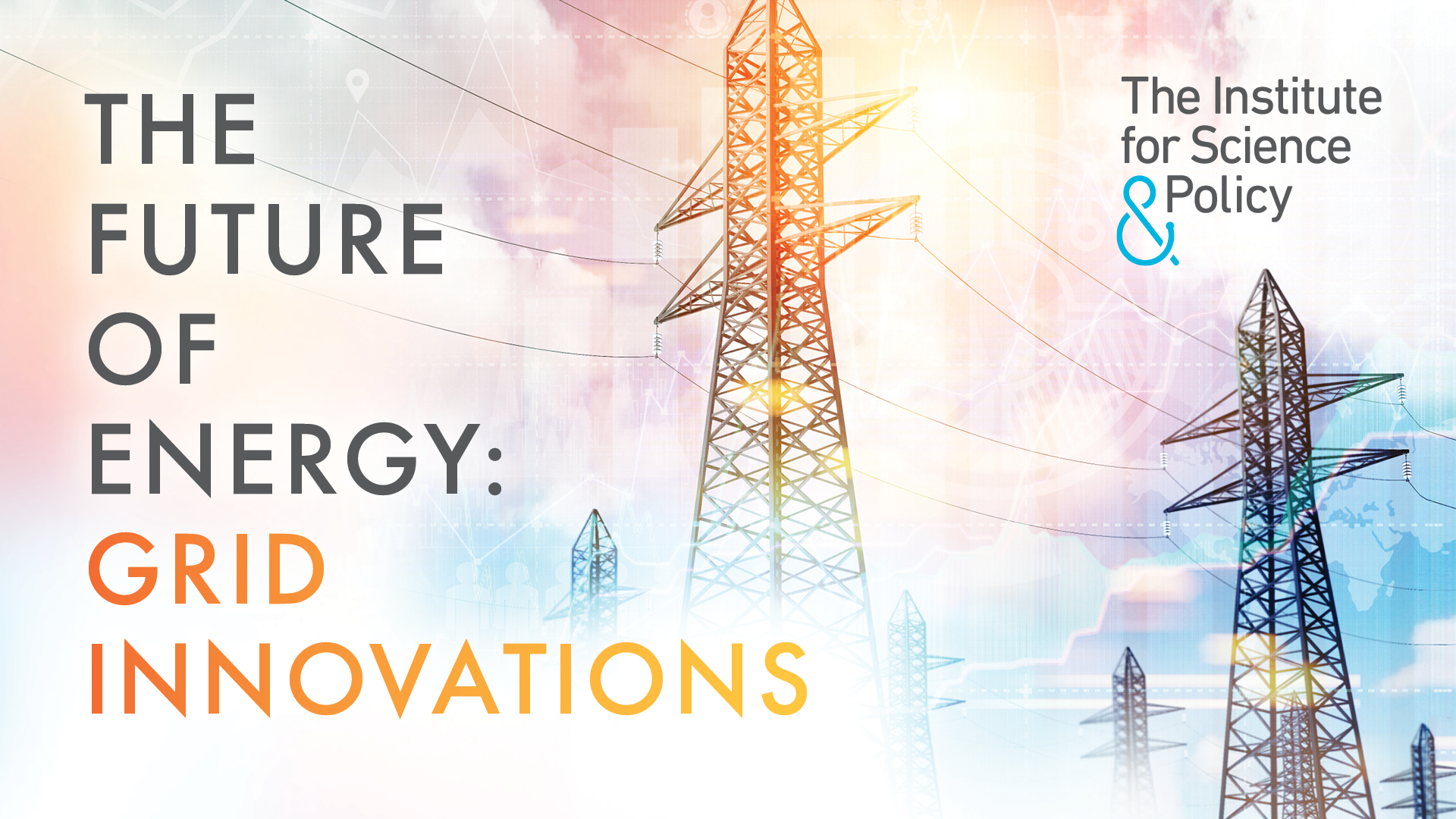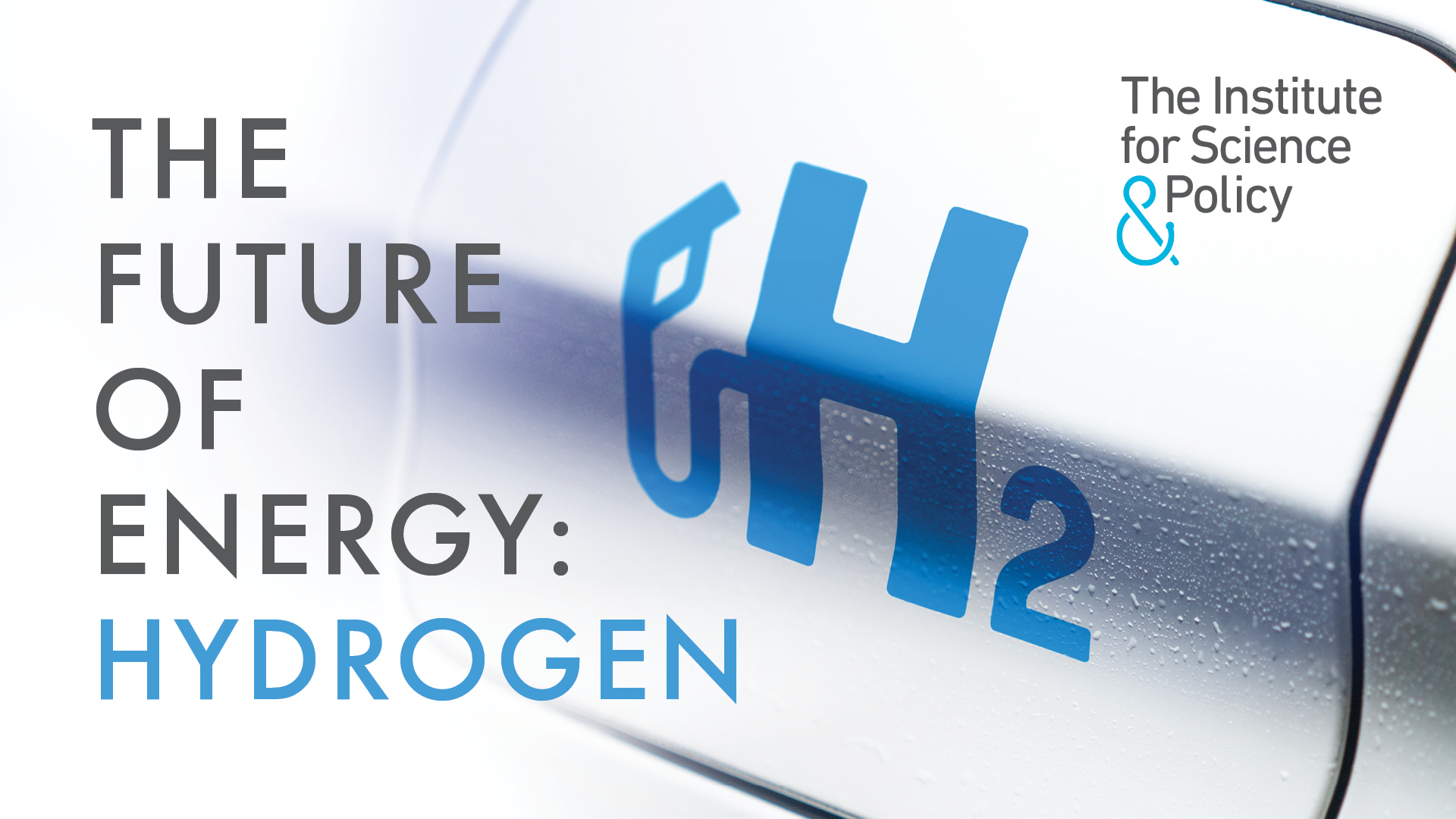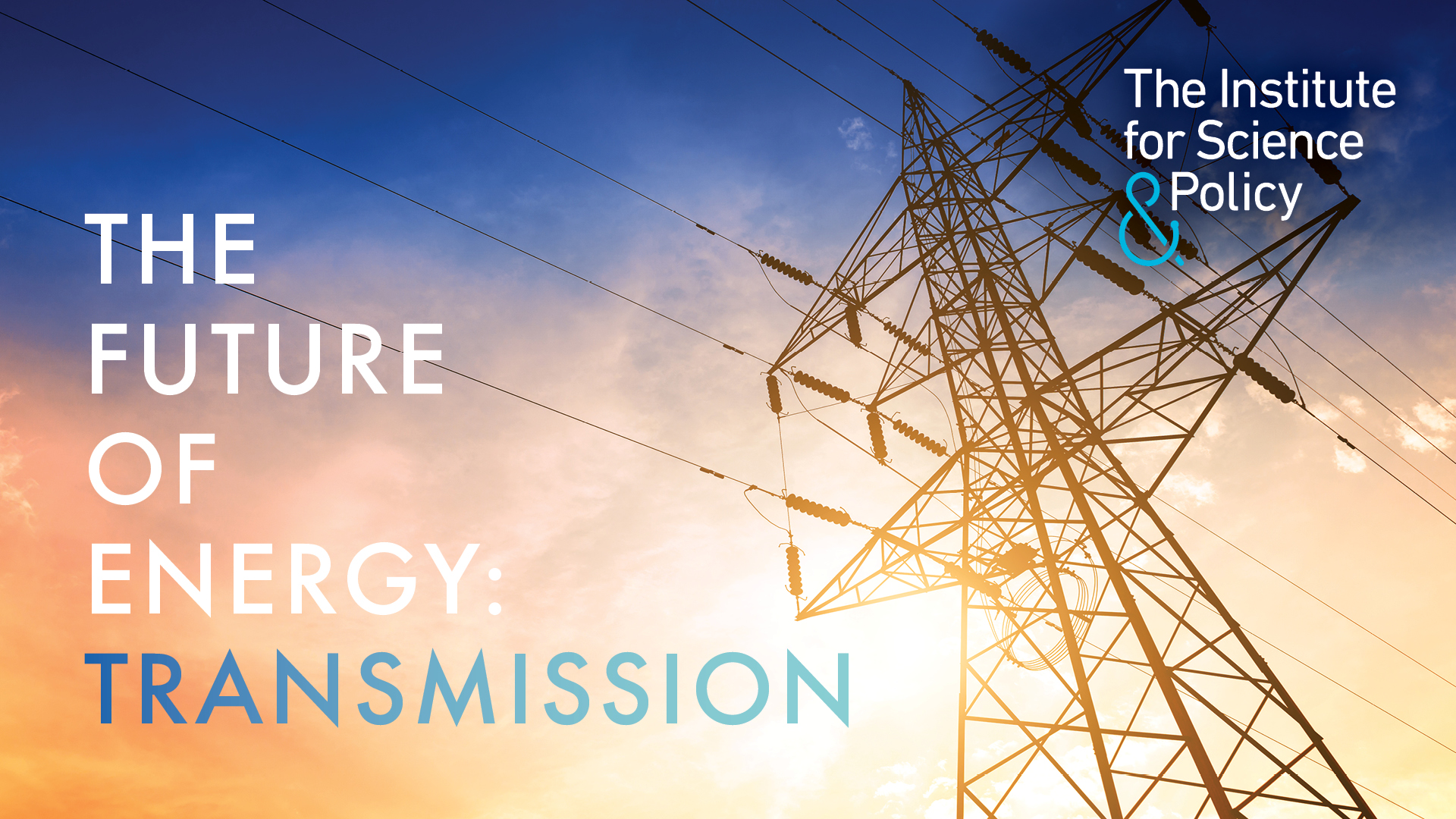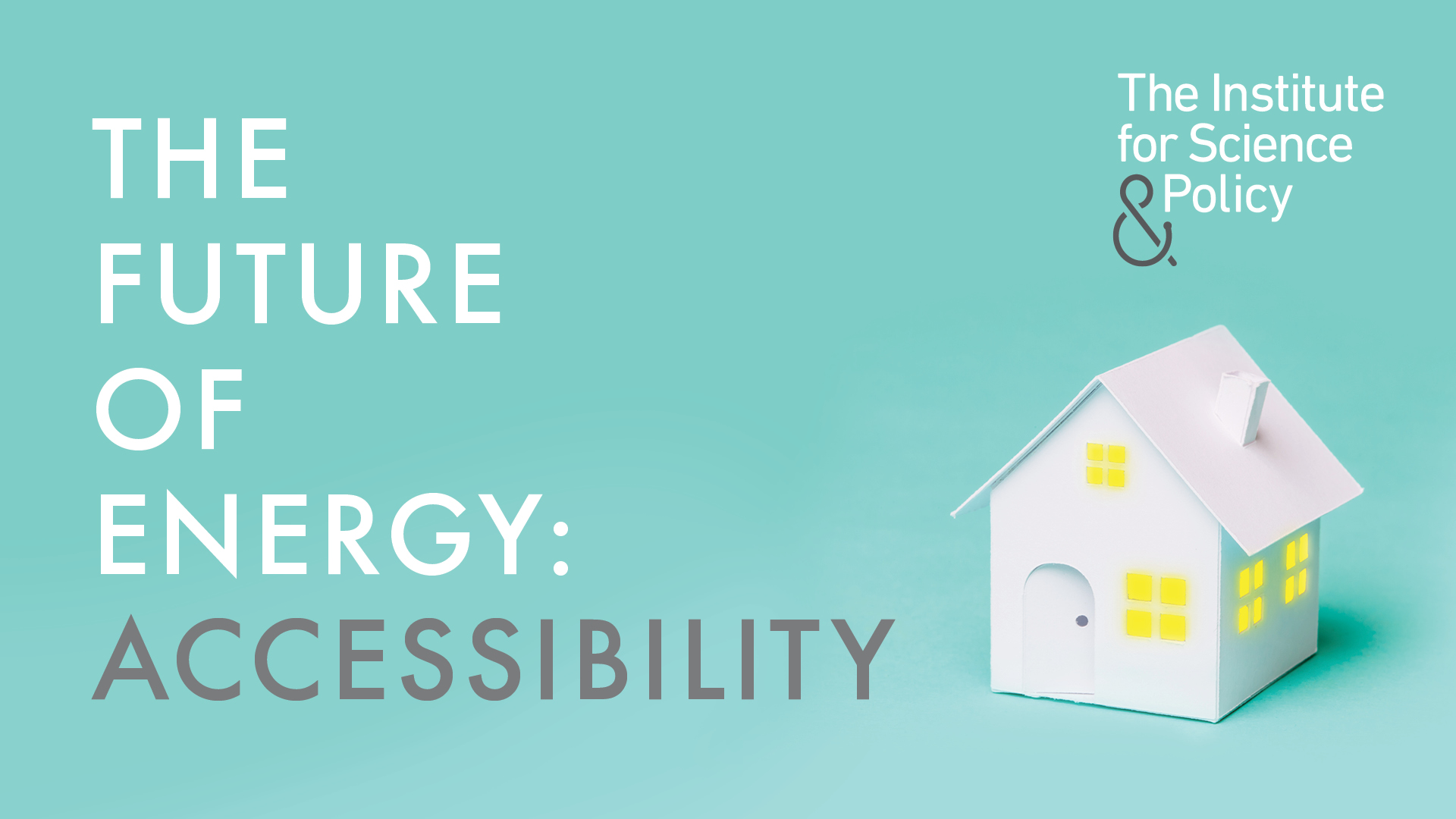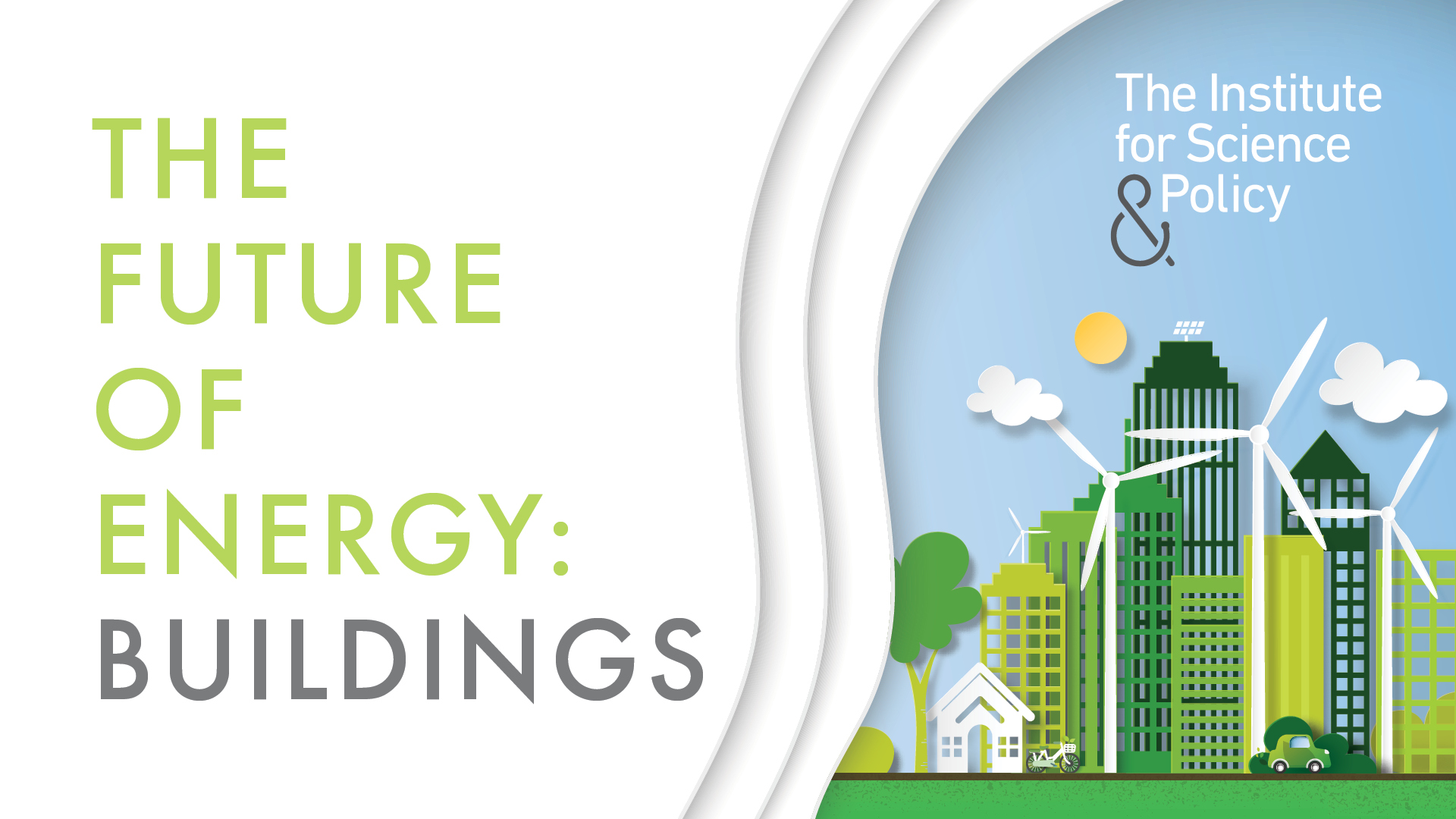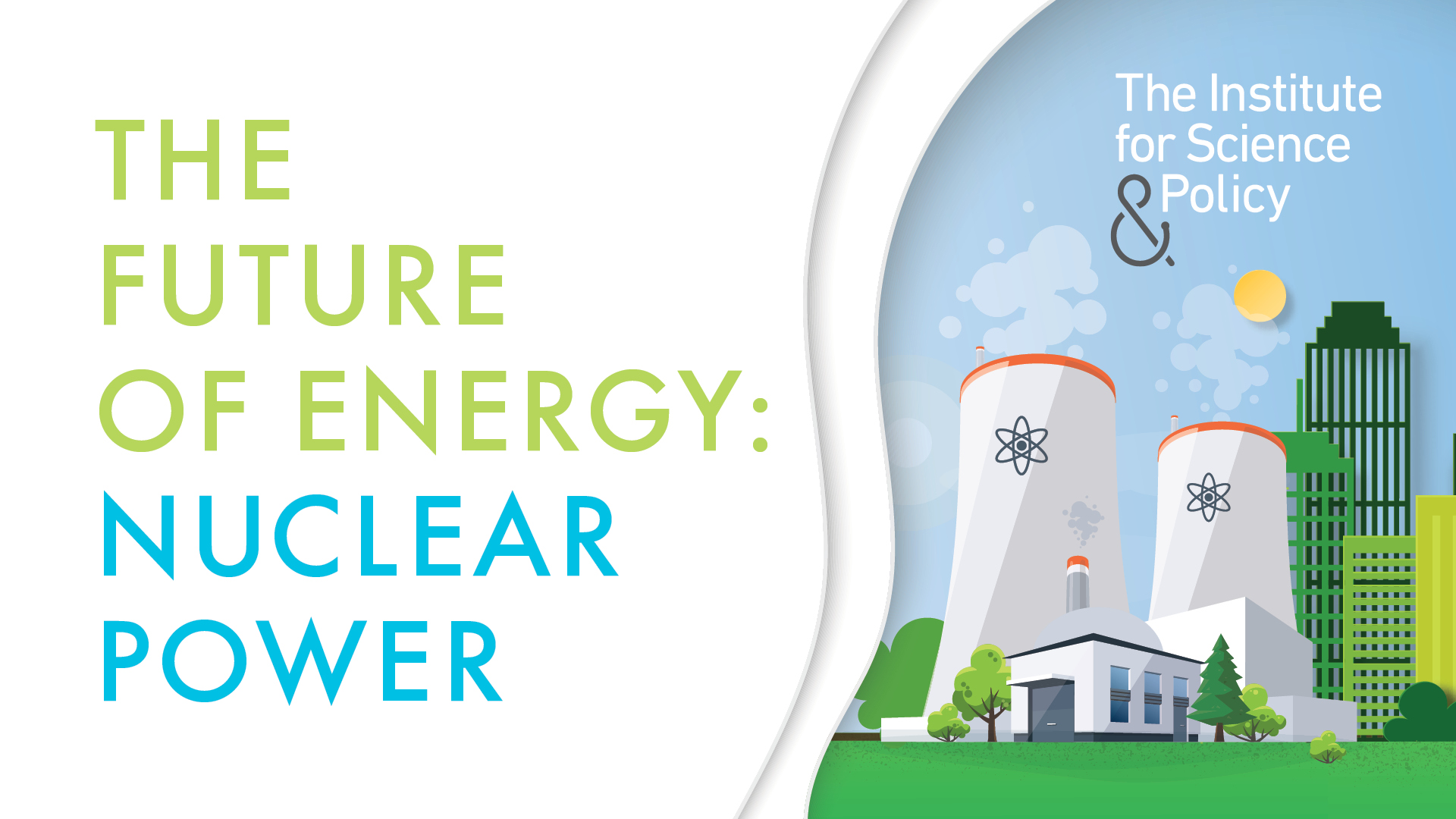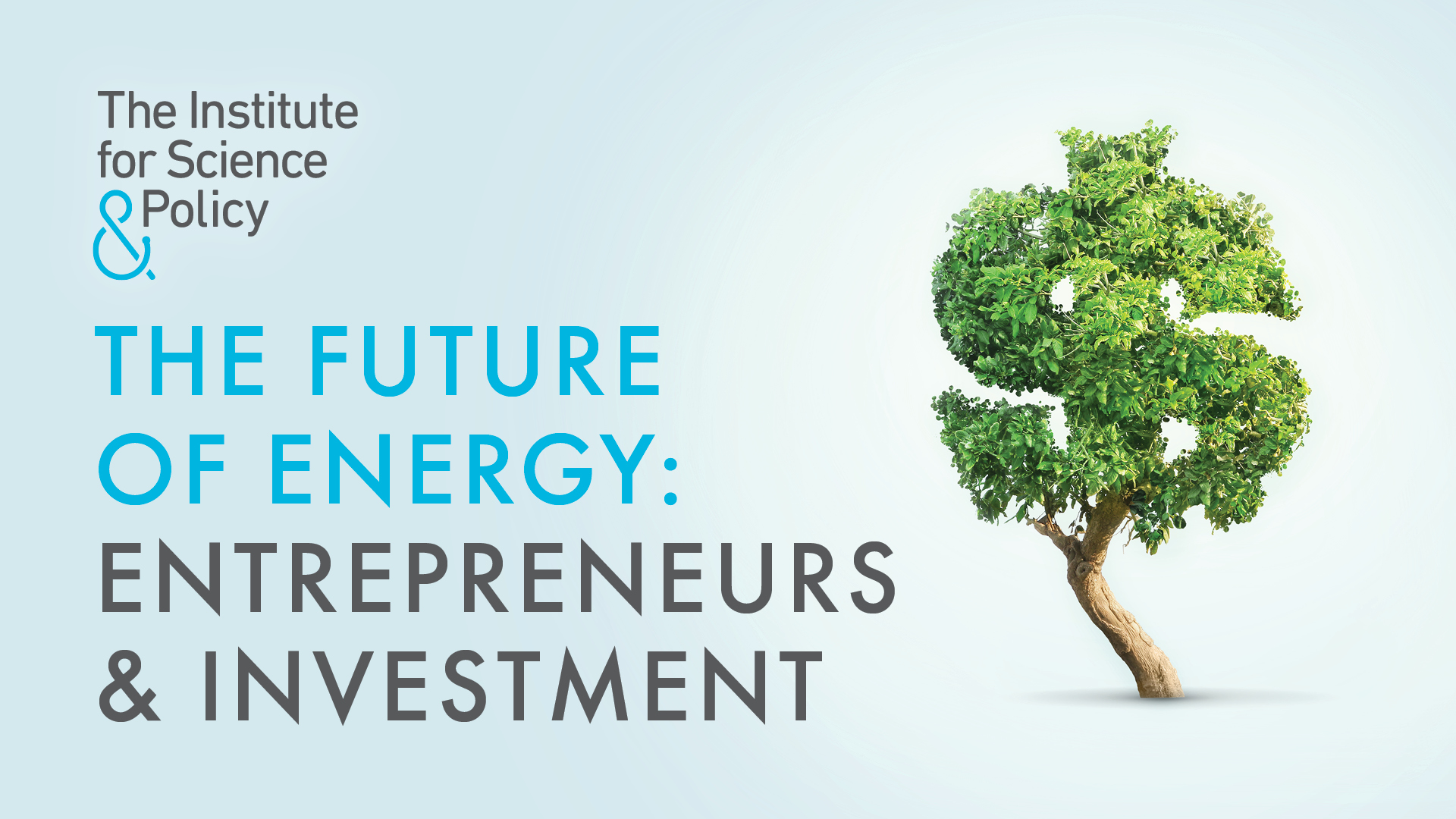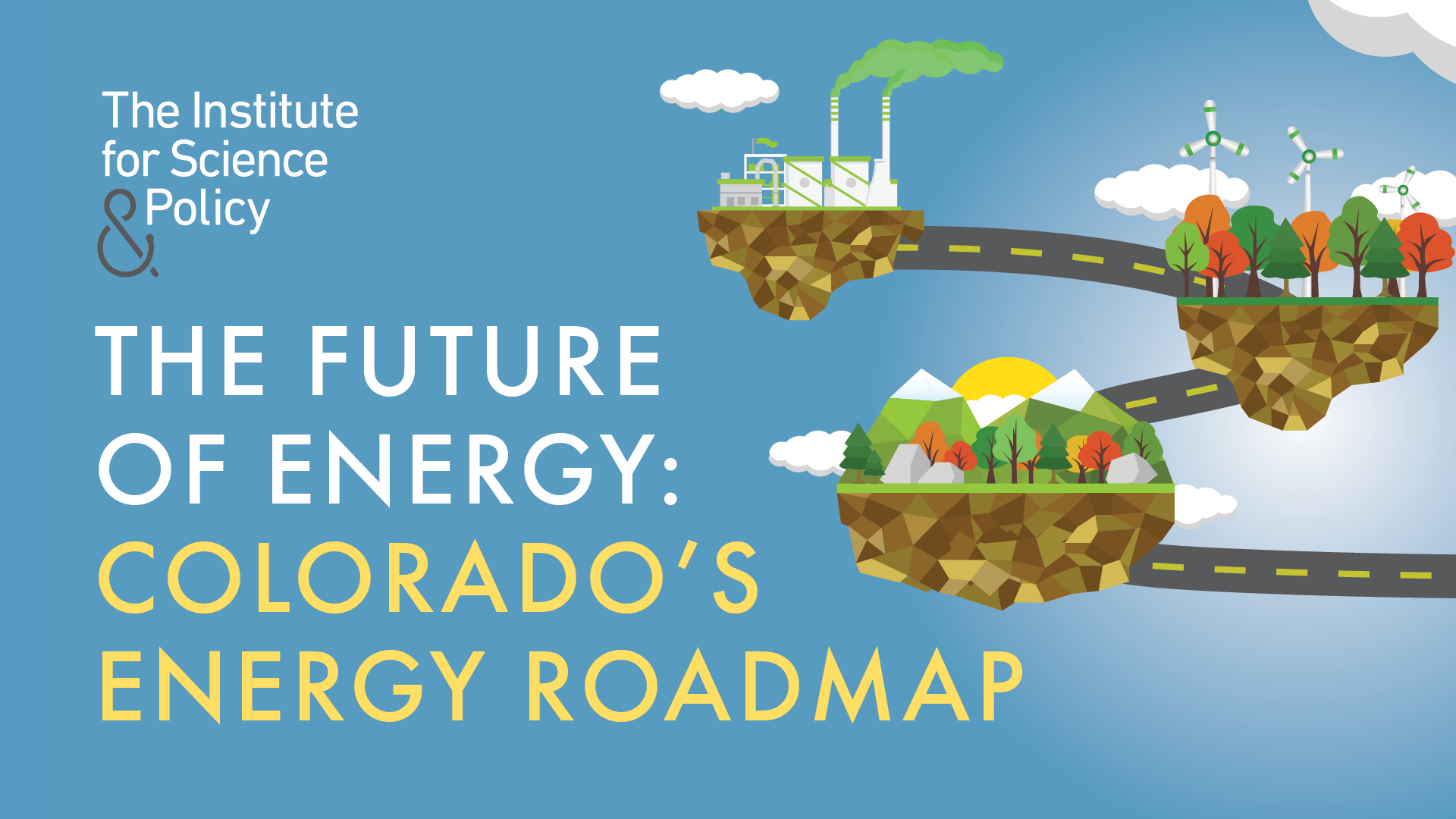The Future of Energy
Meet the innovators who are shaping the energy transition in Colorado and beyond.
Watch all episodes.
Episode 1: Electric Vehicles
In 2018, Colorado released its first-ever electric vehicle plan, outlining its goals for building out infrastructure, boosting consumer demand, and accelerating the transition to a zero-emission fleet.
In the premiere episode, we're joined by Michael King, Assistant Director of Electrification & Energy for the Colorado Department of Transportation, and Jason Quinn, Associate Professor of Mechanical Engineering at Colorado State University to discuss recent electric vehicle research developments.
Episode 2: The Grid
Kyri Baker, Assistant Professor of Civil, Environmental and Architectural Engineering at the University of Colorado Boulder, and Bryan Hannegan, President & CEO of Holy Cross Energy talk about the changing architecture of America’s energy grid and the drive toward smarter building integrations and more resilient systems.
Episode 3: Hydrogen
Hydrogen is the simplest, most abundant element in the universe and has long been studied for its ability to both carry and store clean energy. At scale, hydrogen fuel cells have the potential to reduce greenhouse gas emissions in numerous sectors, most notably transportation. Significant implementation hurdles remain, however. Eric Payne, Senior Licensing Executive at the National Renewable Energy Laboratory, and Gray Byers, Program Manager for Business Innovation at Xcel Energy, provide an overview of the hydrogen landscape and preview what the next several years might hold.
Episode 4: Transmission
When it comes to conversations around increasing renewable energy deployment in the U.S., one vital component often goes overlooked: transmission. High-voltage lines move wind and solar energy from where it is generated to where people are, but build-out has lagged behind in recent decades. We discuss the possibility of a nationwide "superhighway" for renewable energy with Dr. Christopher Clack, CEO of Vibrant Clean Energy, LLC, who shares findings from his proprietary WIS:dom® modeling on the feasibility of large-scale high-voltage infrastructure.
Episode 5: Accessibility
Colorado's ongoing energy transition isn't just about technology; it's also about people. Each year, tens of thousands of residents struggle to pay their electric bills or lack access to reliable energy. The cost of electricity remains a primary market driver and can greatly impact behaviors and attitudes toward energy. Jennifer Gremmert, Executive Director of Energy Outreach Colorado, discusses her organization's work to mitigate energy costs for underserved communities in Colorado before discussing the current policy landscape and efforts underway to address this crucial area of need.
Episode 6: Buildings
Buildings are crucial to our livelihood and they also offer a nearly unlimited canvas for creativity when it comes to sustainable design and innovation. Optimizing energy use in residential and commercial structures can help homeowners and businesses meet their efficiency goals while also serving as testbeds for new technology and material sciences. We chatted with Jamy Bacchus, Senior Associate for Building Performance at ME Engineers, Inc., and Josie Plaut, Associate Director of the Institute for the Built Environment at Colorado State University about construction, inequities, energy policy, and more.
Episode 7: Nuclear
Nuclear power is perhaps the most complicated and controversial element of America's energy portfolio. Although nuclear still accounts for nearly 20% of all U.S. electricity, the technology has seen its star fall in recent years due in part to a lack of investment in expensive new plants and lingering public concerns over safety and waste disposal. Jessica Lovering, PhD, Co-Founder and Co-Executive Director of the Good Energy Collective, makes the progressive case for nuclear energy and why the technology needs to be rebooted and reimagined in an equitable, socially responsible way if it ever hopes to regain favor with the American public and policymakers.
Episode 8: Entrepreneurs & Investment
Entrepreneurial innovation is a key factor driving the energy transition. Startups in the clean tech sector have proliferated in recent decades, pushing forward with new technologies and platforms, each one hoping to upend the status quo. With such a rapidly changing landscape, where does the potential lie for the next great disruption, and how will public policy adapt? Our Future of Energy series continues with Seth Terry, CEO of New Day Hydrogen, LLC, for a conversation about energy and entrepreneurialism.
Episode 9: Colorado's Energy Roadmap
In 2019, Colorado's House Bill 1261 laid out a series of carbon reduction targets: 50% by 2030 and 90% by 2050 compared to the 2005 baseline. The legislation set the state on an ambitious course for a clean energy transition, encompassing key sectors like electricity and transportation. Now, with implementation underway, what are the early successes and lingering challenges? What will the next several years look like for Colorado's energy policy landscape? We chat about the future with Will Toor, Executive Director of the Colorado Energy Office.

Stay in touch.
Sign up to receive The Ampersand, our monthly e-newsletter. We'll also let you know about upcoming events and content launches.
Yes, keep me up to date.
